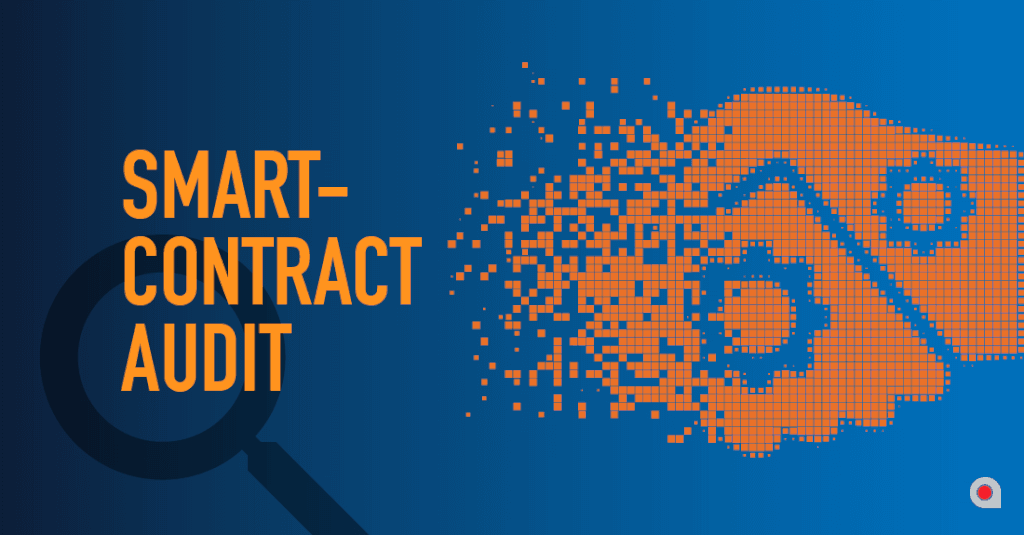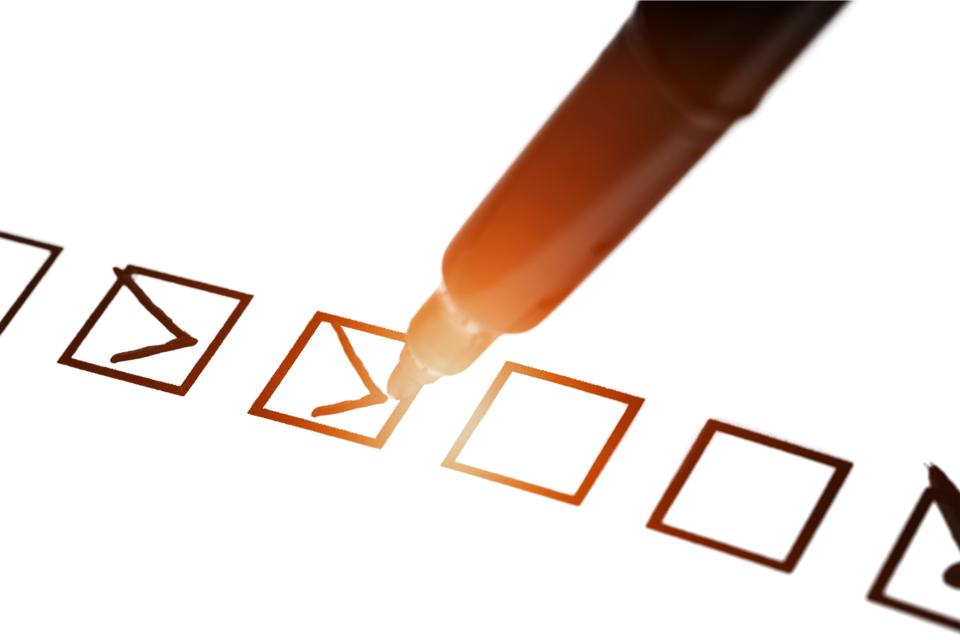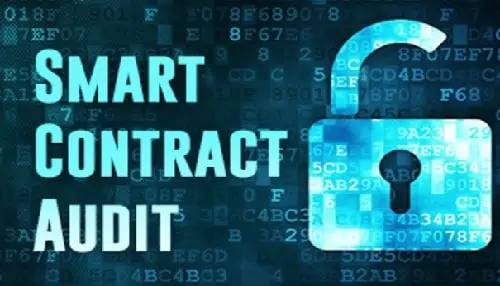Blockchain is supposed to be secure for all participants. However, it is not possible if the company does not strictly follow the smart contract audit checklist for blockchain readiness.
Reports revealed that 5% of blockchain smart contracts were vulnerable to users’ data leakage, information loss, and funding lock. Even the biggest platform, Ethereum, admitted that over 32,000 smart agreements valued at $4.4 million were at a security risk.
Thus, never let your guard down!
We publish this very useful article to gather all smart contract auditing practices for your reference.
The Importance of Auditing Smart Contracts

Smart contracts are conditions programmed and encrypted in a blockchain to execute and run transactions automatically. They will refuse transactions upon any breaches of the conditions.
Read more: How do smart contracts work?
Yet, smart contracts are immutable once deployed to a blockchain network. They can run improperly and be exposed to attacks, though, if the developers make mistakes in coding or fail to cover security improvements.
Auditing is critical, then. During the process, experienced auditors use a methodical inspection to uncover vulnerabilities and suggest solutions to improve the operation and security of the blockchain, following a checklist.
The Smart Contract Audit Checklist

#1. Preparation
Like every auditing, good preparation will save significant time and effort in implementing the whole process.
The auditors start with defining all agreements between the business and other participants: scope, parameters, acceptance criteria, and exceptions (if any.) Moreover, they also need to deeply study project documentation which describes how the blockchain is built and tested.
Also check: Top practices of smart contracts
#2. Core Checks
Then, carry out analysis and create a plan for auditing, focusing on the core checks as follows:
- Preventions against underflow and overflow
- Function visibility
- Fix nuance warnings to avoid problematic features
- Checking for all external calls, such as reentrancy or short circuits
- Using trustworthy and audited dependencies
- Time manipulation within several minutes only
- Being aware of rounding errors and unexpected behaviors
- Cut down on pseudo-randomness
- Validation of public or external functions
- Preventions against unbounded loops
- Correct usage of push payments
- Frequent updates of old solidity constructs
- Change verification using the latest solidity versions
Above are high-risk areas that attackers often target.
#3. Testing and Software Engineering
With all core checks in mind, build test cases accordingly. It is possible to use testing tools to save human efforts automatically.
What to check:
- Test coverage for 100% of branches
- Run unit tests to cover critical edge cases
- Also, have additional tests for integrations
- Freeze recent code written under a tight deadline
#4. Resilience
Resilience means the capacity of a blockchain to adapt perfectly to real-life or chaotic conditions.
Blockchain also requires resilience because of the large number of data amount and participants worldwide. The technology is also at increased risk of attacks.
Resilience testing includes endurance, compliance, load, and recovery tests to ensure that smart contracts can bounce back after interruption or disturbance of some sort.
#5. Auditing
Depending on the project’s complexity and the development team’s experience, smart contract auditing involves several steps and stages with one or multiple auditors at a time.
Importantly, auditing is not all about the verification of code. During the process, auditors must also create reports including bugs, suggestions for fixing, potential changes to upgrade the smart contracts and the blockchain systems, coding practices, and documentation quality.
Smart contract auditing must also be done on a frequent basis, both manually and automatically, using tools.
How to Apply Smart Contract Audit Checklist?

Having a smart contract audit checklist is critical and good to start. However, following the checklist is not an easy task.
We wonder whether you have an in-house development team. If not, your business needs to invest significantly in a team of experienced developers, testers, and auditors collaborating well. It also takes extra cost and time to train the team on the technology, implement frequent auditing, fix bugs, and make improvements.
Rather than that, we would suggest hiring an outsourced auditing firm that knows the smart contract audit checklist clearly and has experience in different projects.
You can directly hire experts from CyStack. The company is the leading company for security products and solutions to combat cybersecurity risks. Since it is based in Vietnam, you can expect an affordable cost than teams in other countries. The auditing quality is exceptionally good, though.
Call us now!
It is time to call us for further consultation on applying the smart contract audit checklist for your business!
 4 minutes read
4 minutes read
